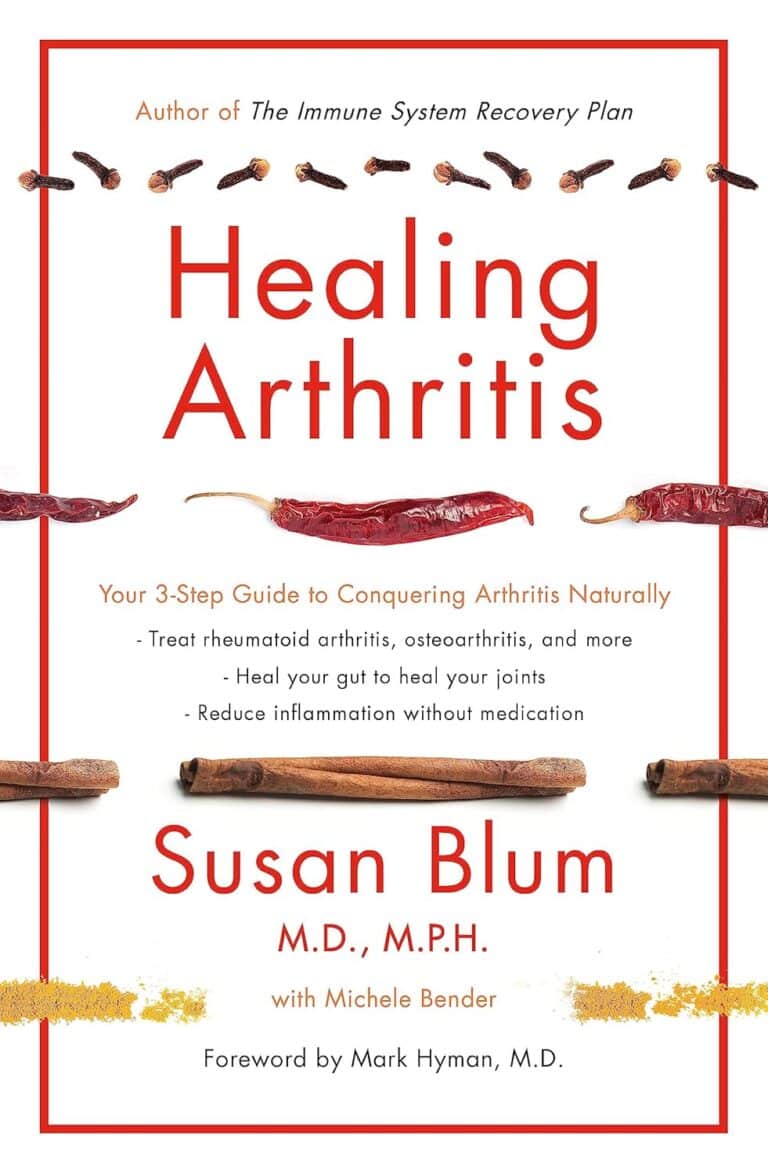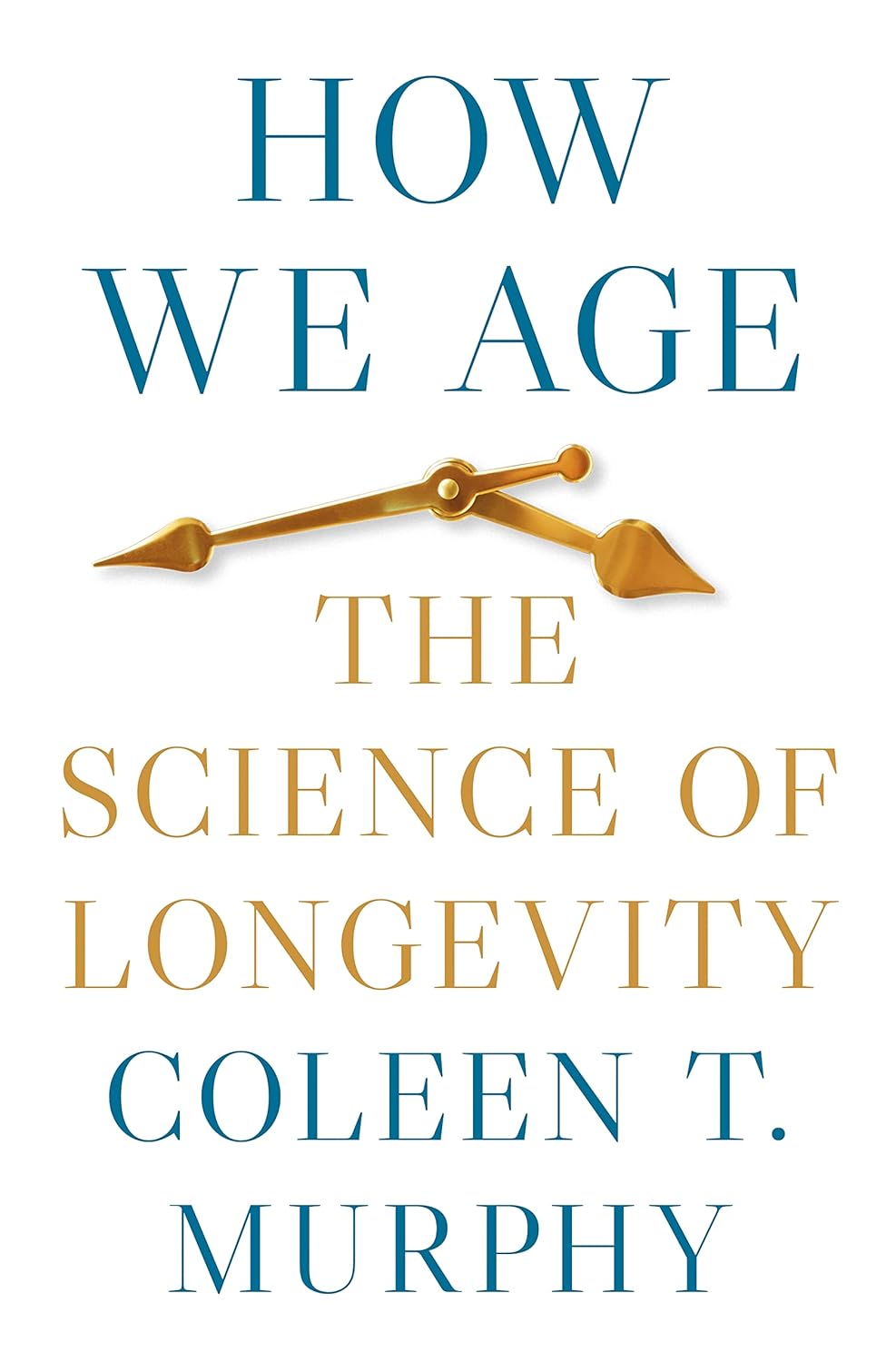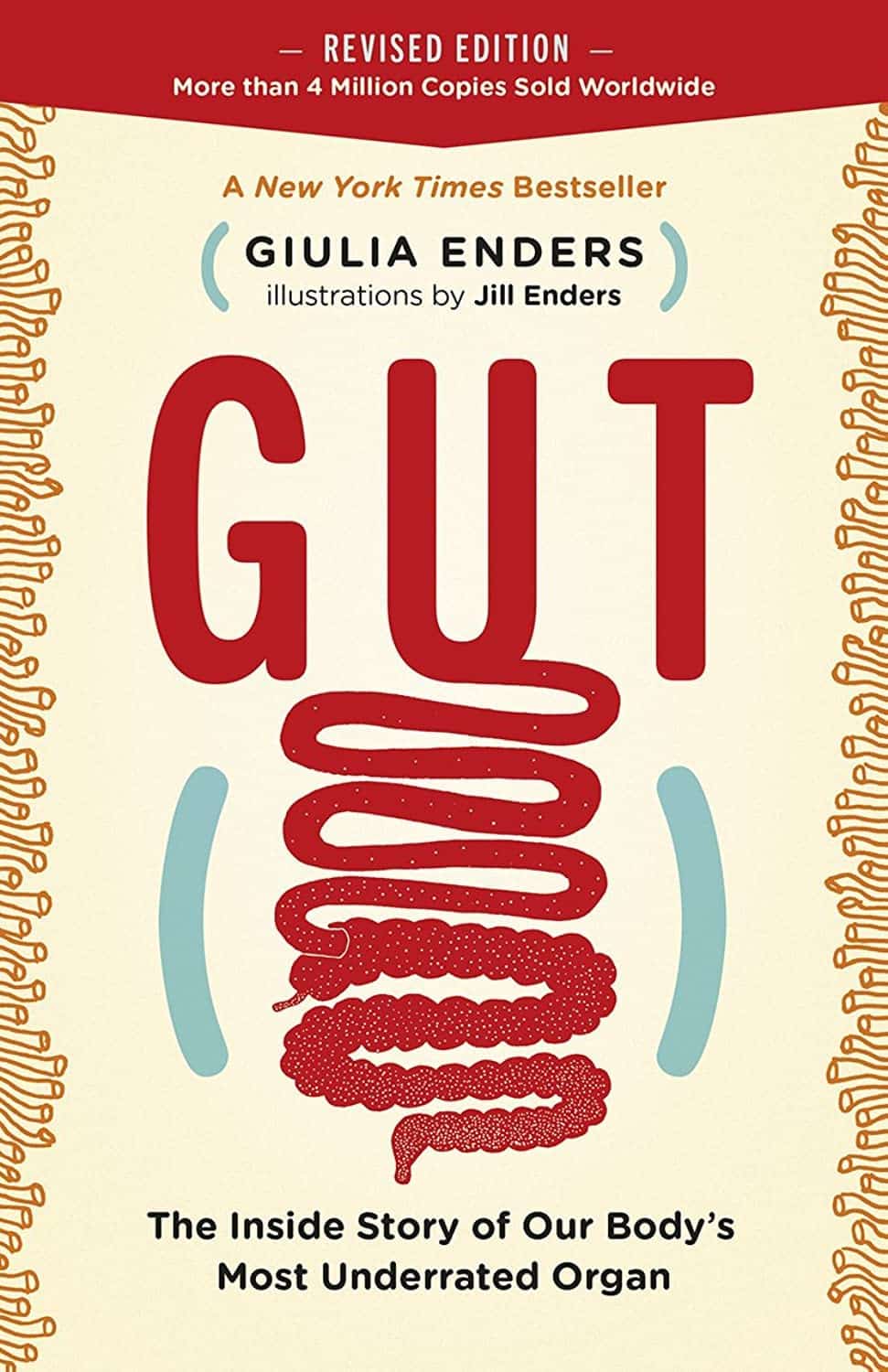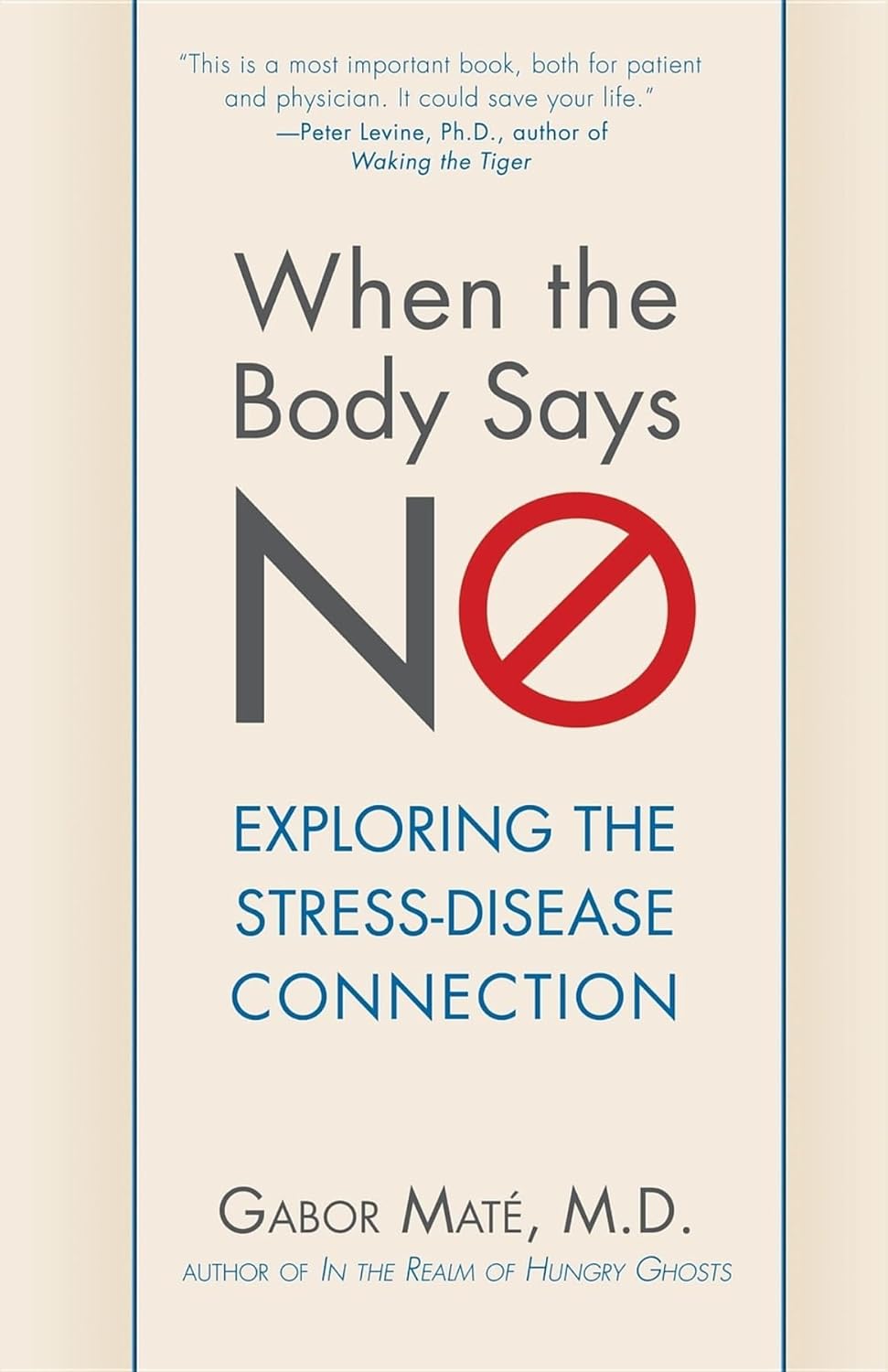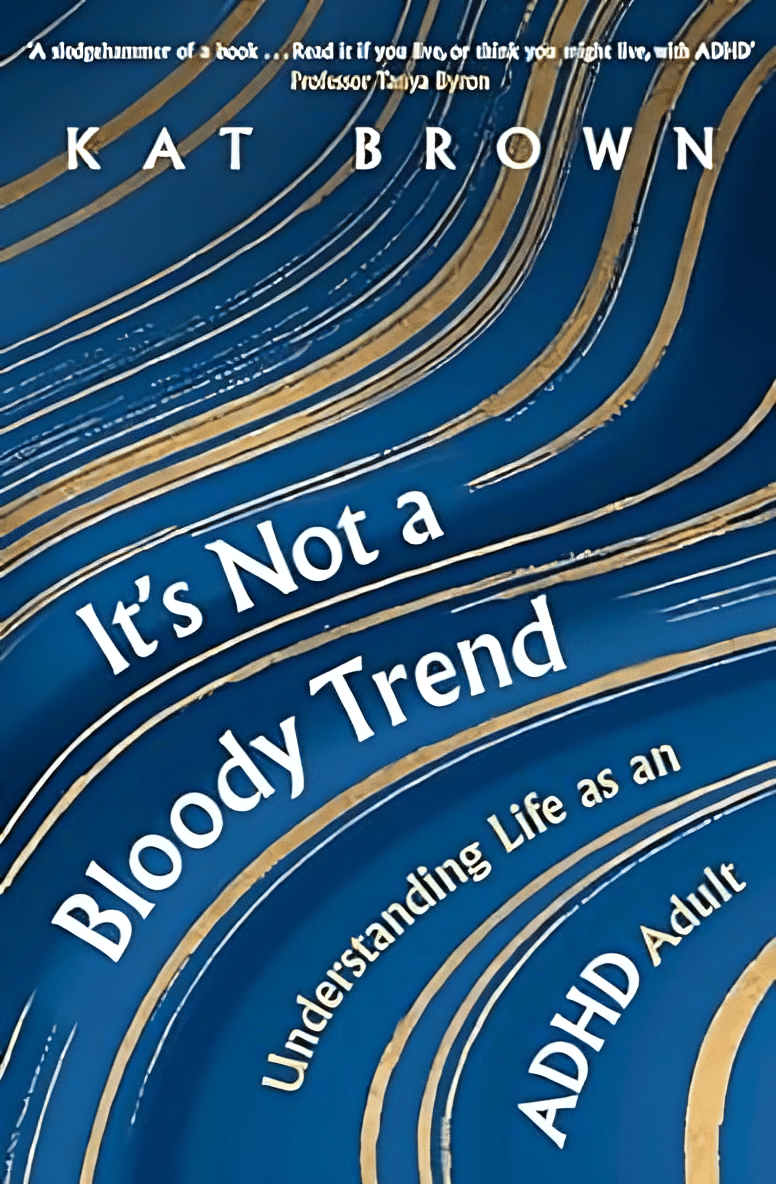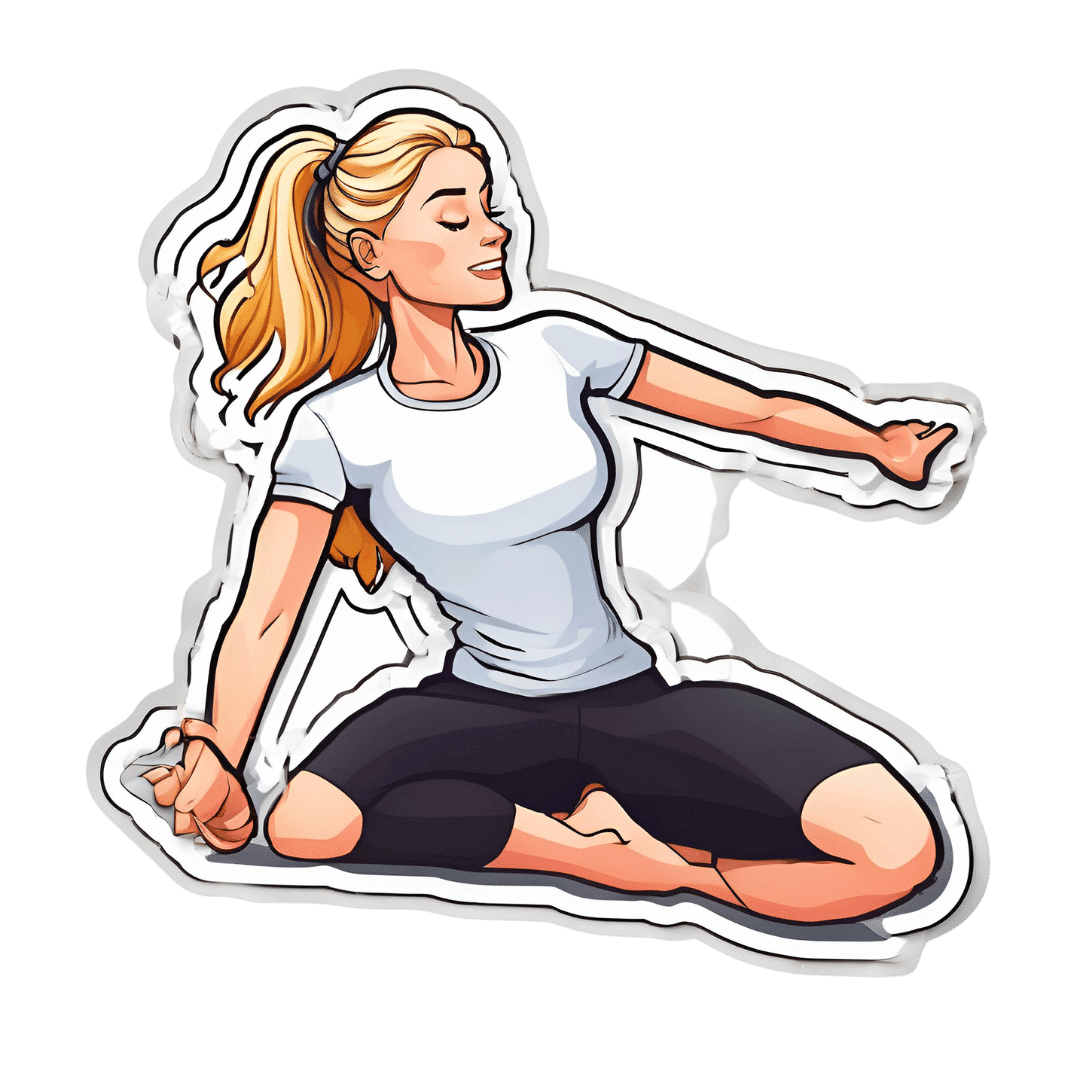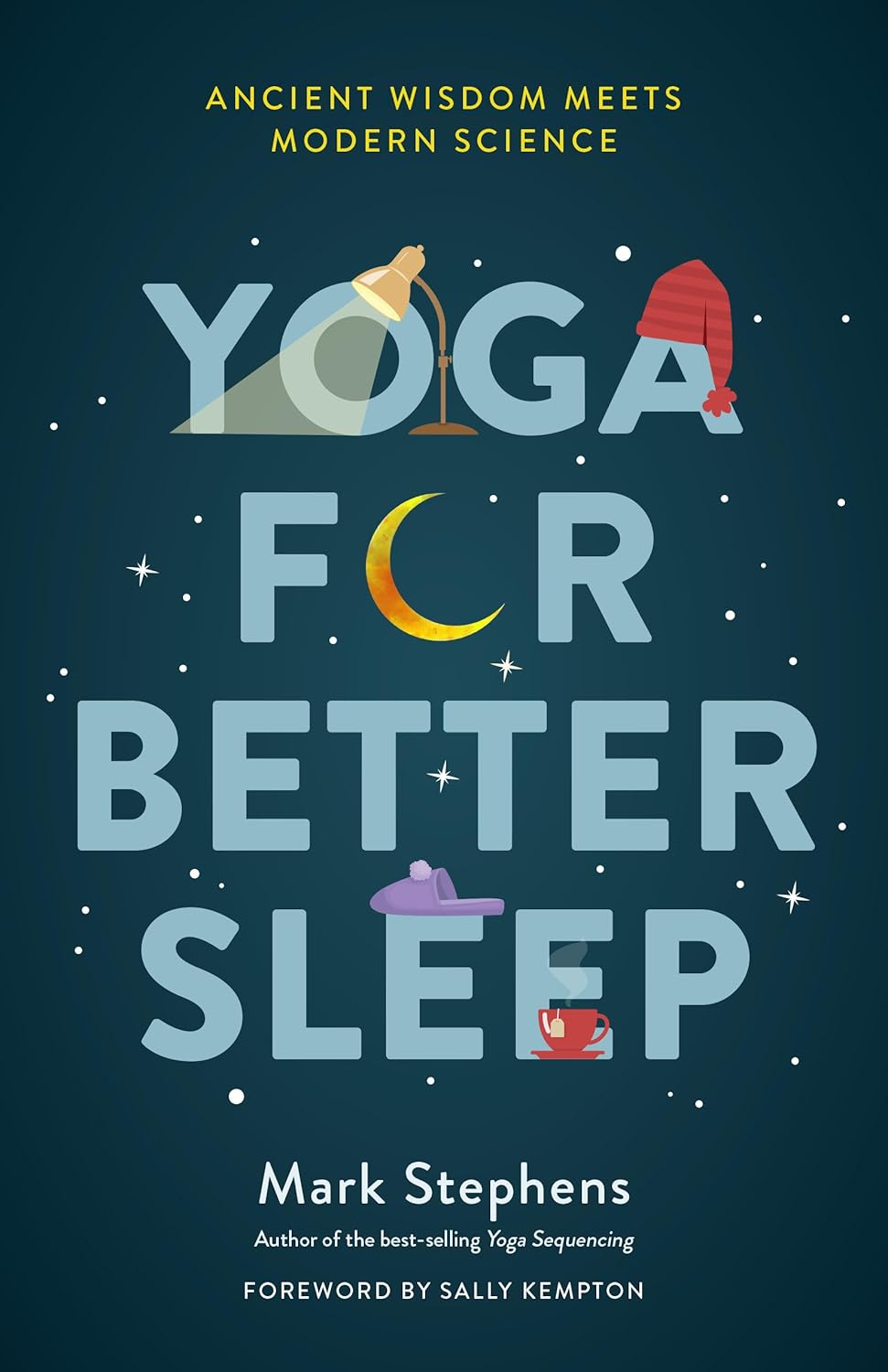
Yoga for Better Sleep – by Mark Stephens
10almonds is reader-supported. We may, at no cost to you, receive a portion of sales if you purchase a product through a link in this article.
The book has, as you might expect:
- postural exercises
- breathing exercises
- meditation exercises
Instructions given in all of the above categories are clear and easy to follow, and there are photographic illustrations too where appropriate.
What sets it apart from many books of this kind is that it also has chapters dedicated to various specific circumstances; the many actual reasons people seriously struggle to sleep; not just “screentime too late”, but for example deprepression, sleep apnea, hyperarousal, or even just aging.
As well as the comprehensive exercises, there are also many tips, tricks, hacks, and workarounds—it’s a practical guidebook with practical advice.
While the book is about yogic practices, the author also does tackle this holistically, acknowledging that there are many factors going on, and that yogic practices should be one more string to our sleep-improving bow—as we continue with other general good advice for good sleep too, have medical tests if it seems appropriate, that kind of thing. Basically, to have one’s assorted approaches work together with synergistic effect.
Bottom line: this book will quite possibly put you to sleep! But only in the best possible way.
Click here to check out Yoga for Better Sleep, and get those valuable Zs in, healthily!
Don’t Forget…
Did you arrive here from our newsletter? Don’t forget to return to the email to continue learning!
Recommended
Learn to Age Gracefully
Join the 98k+ American women taking control of their health & aging with our 100% free (and fun!) daily emails:
-
53 Studies Later: The Best Way to Improve VO2 Max
10almonds is reader-supported. We may, at no cost to you, receive a portion of sales if you purchase a product through a link in this article.
VO2 max measures maximum oxygen usage during intense exercise and reflects overall health and performance. To have a high VO2 max, efficient functioning of lungs, heart, red blood cells, muscles, and mitochondria is crucial. So, how to get those?
Let’s HIIT it!
High-Intensity Interval Training (HIIT) outperforms moderate-intensity exercise, by a long way. Further, based on the data from the 53 studies mentioned in the title, we can know which of the protocols tested work best, and they are:
- 15×15 Interval Training: 15 seconds sprint (90–95% max heart rate) + 15 seconds active rest (70% max heart rate), repeated 47 times.
- 4×4 Interval Training: 4 minutes sprint (90–95% max heart rate) + 3 minutes active rest (70% max heart rate), repeated 4 times.
Whichever you choose, it is best to then do that 3x per week.
Note that “sprint” can mean any maximum-effort cardio exercise; it doesn’t have to be running specifically. Cycling or swimming, for example, are fine options too, as is jumping rope.
For more on each of these, plus how the science got there, enjoy:
Click Here If The Embedded Video Doesn’t Load Automatically!
Want to learn more?
You might also like to read:
How To Do HIIT (Without Wrecking Your Body)
Take care!
Share This Post
-
How We Age: The Science of Longevity – by Dr. Coleen Murphy
10almonds is reader-supported. We may, at no cost to you, receive a portion of sales if you purchase a product through a link in this article.
The author is not a glossy “name brand” and has nothing to sell (besides her book). This shows, because it’s clearly not a book that was rushed out as a marketing ploy. Indeed, she begins with the words:
❝This book took me several years to write and is largely based on information I gathered while teaching my class, “Molecular Mechanisms of Longevity: The Genetics, Genomics, and Cell Biology of Aging,” at Princeton University.❞
~ Dr. Coleen Murphy
Thus, as you may imagine, it’s a thorough book, thoughtful, with conscientious attention to detail. As a reader, you are essentially getting the knowledge of a Princeton genomics class.
She covers what’s going on in our genes, in our cells, and in our bodies, when we age; why some animals don’t, and what things affect that. She talks biomarkers of aging and the industry gold standard “Health-Related Quality of Life” metrics. We learn about insulin signalling and FOXO targets; the role of caloric restriction or intermittent fasting, topics such as molecular homeostasis in the regulation of longevity (hello senolytics and chaperone-mediated autophagy), the microbiome and epigenetics, as well as mitochondrial management, cell replacement (including induced pluripotent stem cells), and even DNA repair. And yes, a lot about cognitive aging and how to slow it too.
The style is academic and/but perfectly readable; she explains everything as we go. We’ll note, though, that it’s not dry academic—her personality comes through throughout, in a good way that makes it a pleasant read as well as an informative one.
Bottom line: if you’d like a much deeper understanding of the mechanics of aging than we have room to get into in our articles at 10almonds, this book is a highly recommendable perfect opportunity.
Click here to check out How We Age, and learn about the science of longevity!
PS: we’ve reviewed a few books about the science of aging/longevity recently, and they’ve each been good, but if you’re going to get only one, we recommend this one, as in this reviewer’s opinion, it’s the best 😎
Share This Post
-
Gut – by Dr. Giulia Enders
10almonds is reader-supported. We may, at no cost to you, receive a portion of sales if you purchase a product through a link in this article.
On account of being an organ (or rather, a system of organs) whose functions are almost entirely autonomic, most of us don’t think about our gut much. We usually know there’s acid in the stomach, and we usually know there are “good and bad” gut bacteria. But what of the rest of what goes on?
For anyone who has a hazy half-remembered knowledge from school, this will serve as not only a reminder, but a distinct upgrade in knowledge.
Dr. Giuliua Enders talks us through not just the processes of what goes on, but, as a medical doctor, also many instances of what can go wrong, for example:
- Why do some people’s bodies mistake nuts for a deadly threat (and consequently, accidentally elevate them to the status of actually becoming a deadly threat)?
- Why are some people lactose-intolerant, and why do food intolerances often pop up later with age?
- Why do constipation and diarrhoea happen?
- Why is it that stress can cause stomach ulcers?
The style of writing is light and easy-reading, and the illustrations are clear too. This is a very accessible book that doesn’t assume prior knowledge, and also doesn’t skimp on the scientific explanations—there’s no dumbing down here.
Bottom line: knowing what goes on in our gut as akin to knowing what goes on under the hood of a car. A lot of the time we don’t need to know, but knowing can make a big difference from time to time, and that’s when you’ll wish you’d learned!
Share This Post
Related Posts
-
When the Body Says No – by Dr. Gabor Maté
10almonds is reader-supported. We may, at no cost to you, receive a portion of sales if you purchase a product through a link in this article.
We know that chronic stress is bad for us because of what it does to our cortisol levels, so what is the rest of this book about?
Dr. Gabor Maté is a medical doctor, heavily specialized in the impact of psychological trauma on long term physical health.
Here, he examies—as the subtitle promises—the connection between stress and disease. As it turns out, it’s not that simple.
We learn not just about the impact that stress has on our immune system (including increasing the risk of autoimmune disorders like rheumatoid arthritis), the cardiovascular system, and various other critical systems fo the body… But also:
- how environmental factors and destructive coping styles contribute to the onset of disease, and
- how traumatic events can warp people’s physical perception of pain
- how certain illnesses are associated with particular personality types.
This latter is not “astrology for doctors”, by the way. It has more to do with what coping strategies people are likely to employ, and thus what diseases become more likely to take hold.
The book has practical advice too, and it’s not just “reduce your stress”. Ideally, of course, indeed reduce your stress. But that’s a) obvious b) not always possible. Rather, Dr. Maté explains which coping strategies result in the least prevalence of disease.
In terms of writing style, the book is very much easy-reading, but be warned that (ironically) this isn’t exactly a feel-good book. There are lot of tragic stories in it. But, even those are very much well-worth reading.
Bottom line: if you (and/or a loved one) are suffering from stress, this book will give you the knowledge and understanding to minimize the harm that it will otherwise do.
Click here to check out When The Body Says No, and take good care of yourself; you’re important!
Don’t Forget…
Did you arrive here from our newsletter? Don’t forget to return to the email to continue learning!
Learn to Age Gracefully
Join the 98k+ American women taking control of their health & aging with our 100% free (and fun!) daily emails:
-
It’s Not A Bloody Trend – by Kat Brown
10almonds is reader-supported. We may, at no cost to you, receive a portion of sales if you purchase a product through a link in this article.
This one’s not a clinical book, and the author is not a clinician. However, it’s not just a personal account, either. Kat Brown is an award-winning journalist (with ADHD) and has approached this journalistically.
Not just in terms of investigative journalism, either. Rather, also with her knowledge and understanding of the industry, doing for us some meta-journalism and explaining why the press have gone for many misleading headlines.
Which in this case means for example it’s not newsworthy to say that people have gone undiagnosed and untreated for years and that many continue to go unseen; we know this also about such things as endometriosis, adenomyosis, and PCOS. But some more reactionary headlines will always get attention, e.g. “look at these malingering attention-seekers”.
She also digs into the common comorbidities of various conditions, the differences it makes to friendships, families, relationships, work, self-esteem, parenting, and more.
This isn’t a “how to” book, but there’s a lot of value here if a) you have ADHD, and/or b) you spend any amount of time with someone who does.
Bottom line: if you’d like to understand “what all the fuss is about” in one book, this is the one for ADHD.
Don’t Forget…
Did you arrive here from our newsletter? Don’t forget to return to the email to continue learning!
Learn to Age Gracefully
Join the 98k+ American women taking control of their health & aging with our 100% free (and fun!) daily emails:
-
Exercises for Sciatica Pain Relief
10almonds is reader-supported. We may, at no cost to you, receive a portion of sales if you purchase a product through a link in this article.
Jessica Valant is a physiotherapist and Pilates teacher, and today she’s going to demonstrate some exercise that relieve (and also correct the cause of) sciatica pain.
Back to good health
You will need a large strap for one of these exercises; a Pilates strap is great, but you can also use a towel. The exercises are:
Pelvic Rocking Exercise:
- Lie on your back, feet flat, knees bent.
- Gently rock your pelvis forwards and backwards (50% effort, no glute squeezing).
Leg Stretch with Strap:
- Straighten your left leg and loop the strap around the ball of your right foot.
- Gently straighten and bend your right leg while holding the strap.
- Perform a “nerve glide” by flexing and pointing your foot (not a stretch, just gentle movement).
- Repeat on the left leg.
Piriformis Stretch:
- Bend your right knee and place your left ankle over it (figure-four position).
- For a deeper stretch, hold your right thigh and pull your legs inwards.
Lower Back Release:
- Let your legs fall gently to one side after stretching each leg, opening the lower back.
Back Extension:
- Lie on your belly, placing your elbows down, palms flat.
- Optional: push up slightly into a back bend if it feels comfortable.
Seated Stretching:
- Finish by sitting cross-legged or on a chair.
- Inhale while raising your arms up, exhale while lowering them down, then reach sideways with your arms to stretch.
- Perform gentle neck stretches by tilting your ear to your shoulder on each side.
She recommends doing these exercises daily for at least a few weeks, though you should start to see improvement in your symptoms immediately. Nothing here should cause a problem or make things worse, but if it does, stop immediately and consult a local physiotherapist for more personalized advice.
For more on all of this, plus visual demonstrations, enjoy:
Click Here If The Embedded Video Doesn’t Load Automatically!
Want to learn more?
You might also like to read:
6 Ways To Look After Your Back
Take care!
Don’t Forget…
Did you arrive here from our newsletter? Don’t forget to return to the email to continue learning!
Learn to Age Gracefully
Join the 98k+ American women taking control of their health & aging with our 100% free (and fun!) daily emails:

